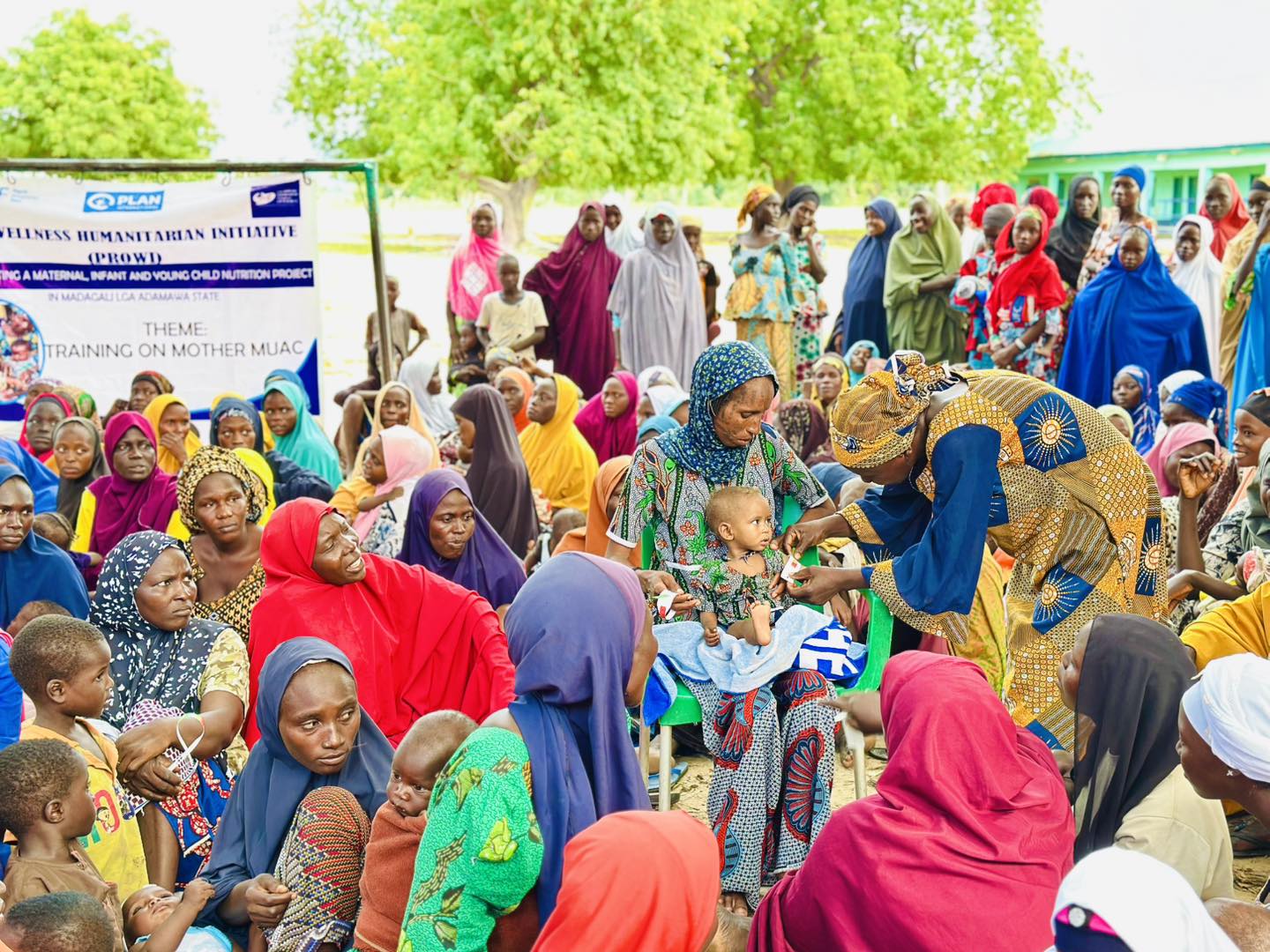Hunger and malnutrition are among the most severe and persistent challenges faced by vulnerable communities, especially in crisis-affected regions. Millions of children and families struggle to access the nutritious food they need to survive and thrive. Without intervention, the devastating effects of malnutrition—both physical and mental—can last a lifetime, robbing individuals and communities of their potential.
The Scale of the Problem
Hunger and malnutrition are not just issues of food scarcity; they are the result of complex factors, including poverty, displacement, natural disasters, and conflict.
- Child Malnutrition:
Malnutrition is particularly damaging in children, as it impairs their physical growth, cognitive development, and overall health. Stunted growth, caused by chronic undernutrition, affects one in three children in many African regions.
- Maternal Malnutrition:
Pregnant and breastfeeding mothers who lack adequate nutrition are more likely to experience complications during childbirth and give birth to underweight or malnourished infants.
- Impact of Crises:
Conflicts and natural disasters often disrupt food supply chains, displace families, and destroy livelihoods, leaving millions without access to basic nutrition.
- Hidden Hunger:
Even in cases where individuals consume enough calories, they may still suffer from “hidden hunger,” a lack of essential vitamins and minerals critical for growth and immune function.
The Consequences of Inaction
Hunger and malnutrition create a ripple effect that extends far beyond individual health:
- Health Crises: Malnourished individuals, especially children, are more susceptible to infections and diseases like diarrhea, pneumonia, and malaria, leading to higher mortality rates.
- Economic Loss: Malnutrition reduces productivity and economic potential, trapping families in cycles of poverty and limiting the development of communities.
- Generational Impact: Children who experience malnutrition in their early years often struggle in school and face lifelong disadvantages, perpetuating intergenerational poverty.
Our Commitment to Ending Hunger and Malnutrition
At Pro-Wellness Humanitarian Initiative (PROWI), we recognize that addressing hunger and malnutrition is critical to breaking cycles of poverty and building resilient communities. Our efforts focus on providing immediate relief while creating long-term solutions to ensure food security.
- Emergency Food Assistance:
Delivering food supplies to crisis-affected areas to address immediate hunger and save lives.
- Nutrition Programs:
Providing targeted interventions for vulnerable groups, including pregnant women, breastfeeding mothers, and young children, to combat malnutrition and promote healthy growth.
- Community Agriculture Support:
Empowering families with tools, training, and resources to grow their own food, fostering self-reliance and sustainability.
- Health and Nutrition Education:
Educating communities about balanced diets, proper feeding practices, and food preservation techniques to improve long-term nutritional outcomes.
- Advocacy and Partnerships:
Collaborating with governments, NGOs, and international agencies to advocate for policies and programs that prioritize nutrition and food security.
How You Can Help
The fight against hunger and malnutrition requires collective action. Here’s how you can make a difference:
- Donate: Your contributions provide food, medical supplies, and resources to families in need.
- Volunteer: Join us in delivering food aid or conducting nutrition workshops in affected communities.
- Spread the Word: Raise awareness about the impact of hunger and malnutrition and inspire others to take action.
No One Should Go Hungry
Food is a basic human right, yet millions go without it every day. Together, we can combat hunger and malnutrition, ensuring that every child and family has the chance to lead a healthy, productive life.
Join us today to build a future where no one suffers from hunger.


